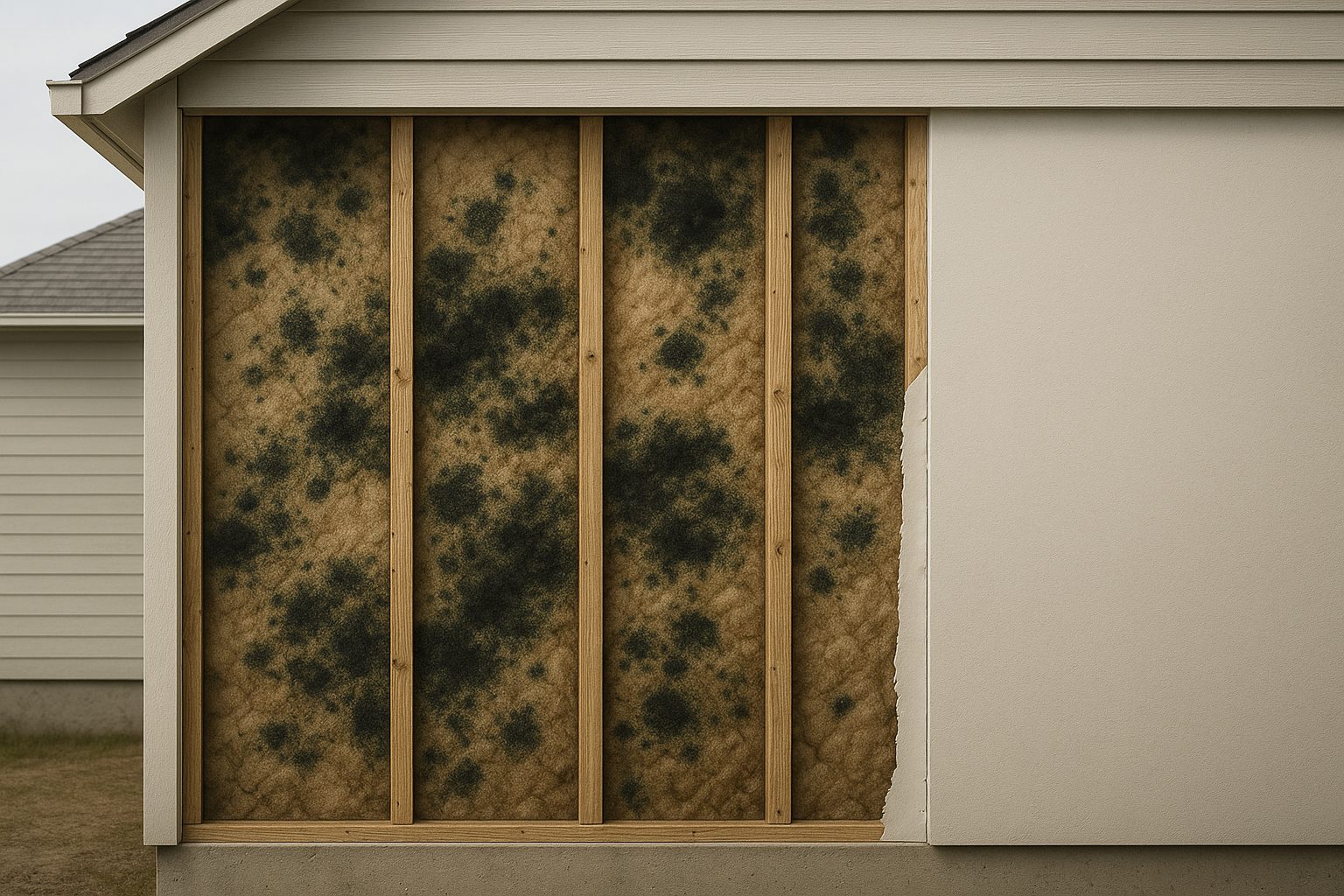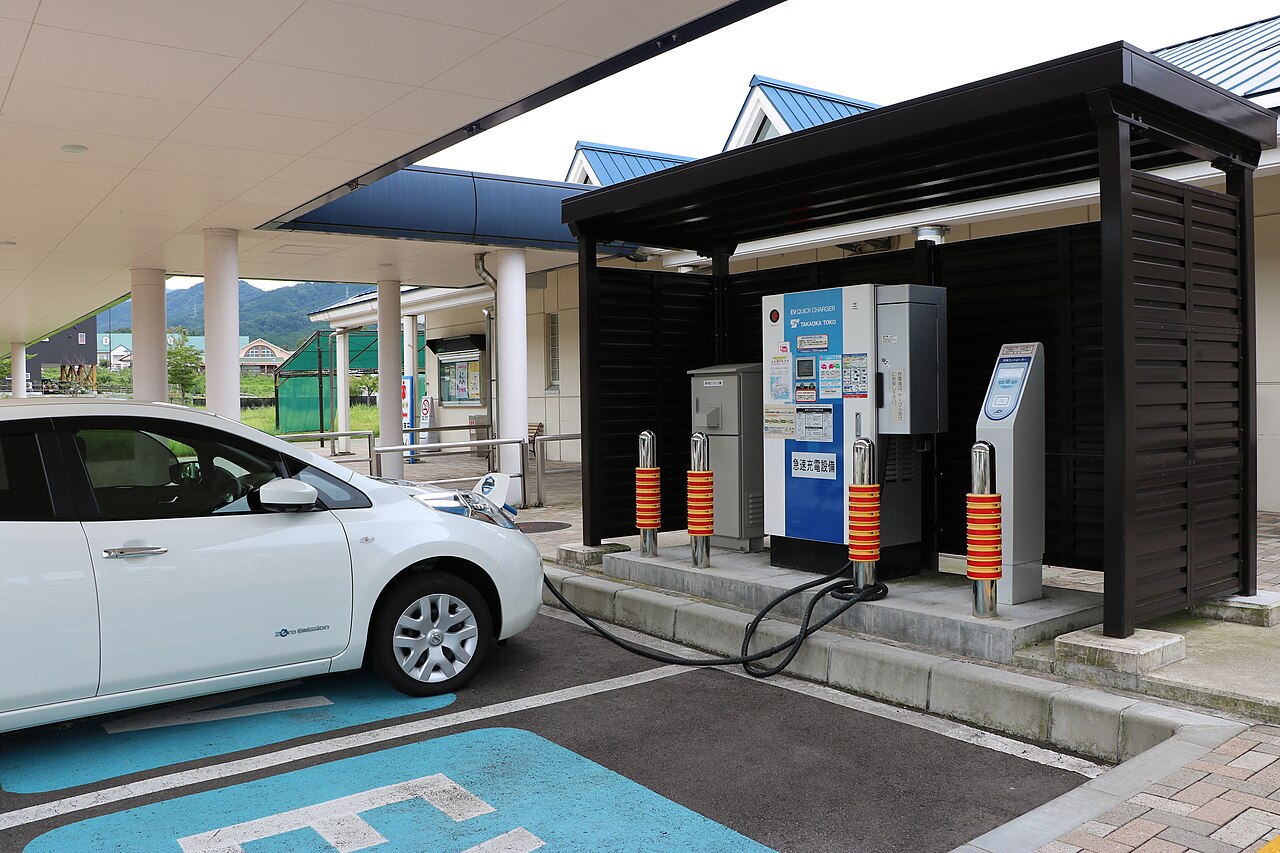Mold begins proliferating within 48 hours of flooding, often spreading unseen through drywall and insulation.
Your house survived the flood, but something sinister is already taking hold behind those soggy walls. Mold doesn’t wait for insurance adjusters or cleanup crews. It begins its assault within 24 to 48 hours of water exposure. Like a horror movie villain that won’t die, spores activate and spread through your drywall, insulation, and flooring while you’re still dealing with the obvious damage.
The real kicker? Most of this contamination happens where you can’t see it, releasing invisible airborne threats that turn your recovered home into a health hazard.
Why Your Cleanup Company Can’t Be Your Inspector
State regulations now mandate separation between mold testing and remediation to prevent conflicts of interest.
Here’s where things get interesting. States like California, Florida, and New York have banned companies from both testing for mold and cleaning it up, because contractors who profit from remediation tend to find a lot of problems.
Independent inspectors have no financial stake in selling you expensive cleanup services. They’re like the neutral referee in a game where your health and wallet are on the line. This regulatory shift puts the power back in your hands, giving you objective data instead of sales pitches.
What Real Assessment Actually Delivers
Independent reports provide species identification, spore counts, and actionable data that insurance companies and courts recognize.
A legitimate independent inspection isn’t just someone walking around with a moisture meter. These specialists review your property history, conduct systematic visual surveys, and deploy air and surface sampling analyzed in certified labs.
You get species identification. For example, is it Cladosporium or the more dangerous Aspergillus? You get spore counts benchmarked against outdoor levels. Most importantly, you get objective documentation that insurance adjusters and legal professionals must acknowledge, transforming you from a victim begging for help into someone with scientific leverage.
Real estate deals also can fall apart when mold reports aren’t provided or are disputed. Independent mold testing companies like MI&T are being cited more often in real estate transactions or insurance assessments as verification of indoor environment safety. Having the documentation alters negotiations and often the outcome.
The Health Stakes Keep Rising
Children, the elderly, and immune-compromised family members face severe respiratory risks from post-flood mold exposure.
This isn’t just about property damage anymore. Airborne spores hit vulnerable populations hardest: your kids, elderly parents, and anyone with compromised immune systems suddenly face escalated respiratory distress and asthma flares.
Independent testing maps exactly what’s lurking in your air and where it’s concentrated, giving you the information needed to protect your family while making informed decisions about remediation urgency. In a post-pandemic world, indoor air quality isn’t negotiable.




























